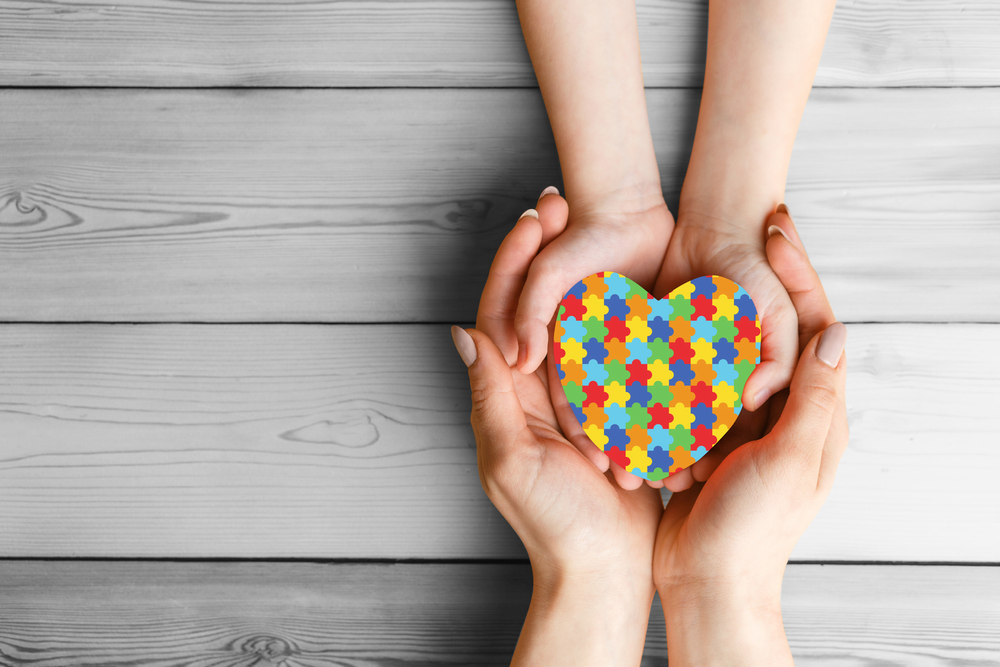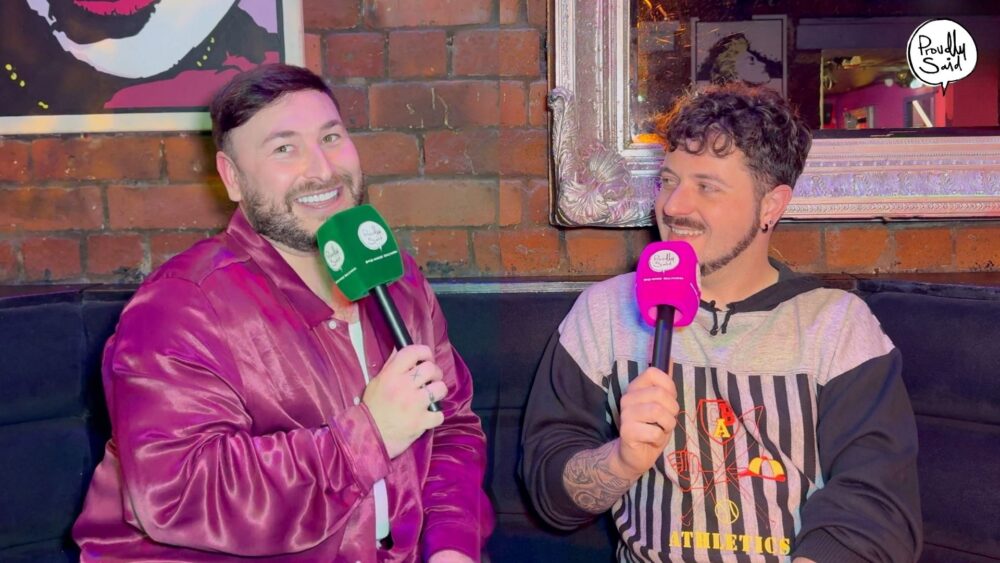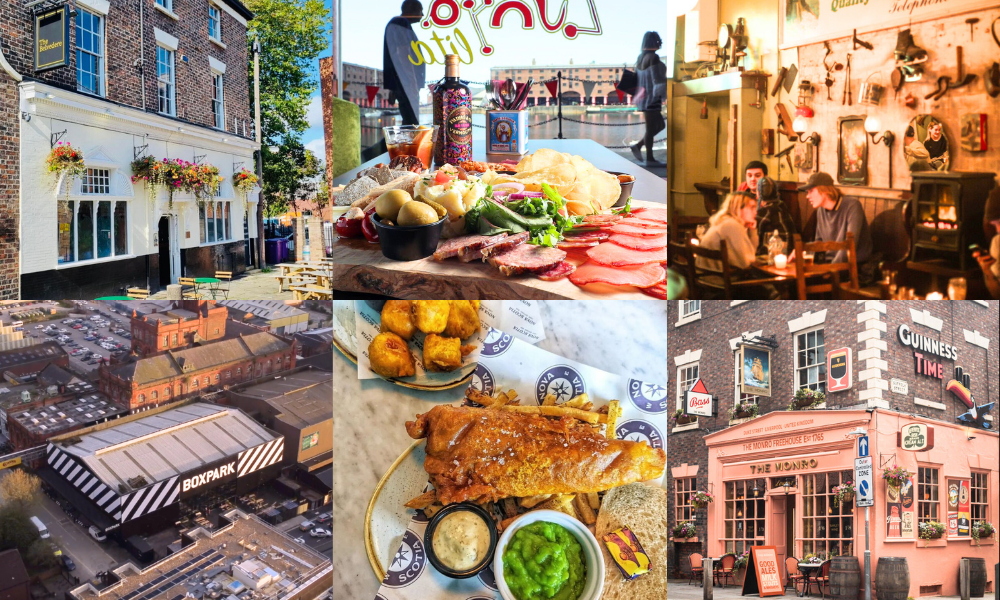
Features
Children’s mental health referrals double on Merseyside but these experts say help IS out there
4 years ago

Referrals to children’s mental health experts in Merseyside have doubled in the last year.
Lindsay Neil, clinical lead for Liverpool Fresh CAMHS at Alder Hey Children’s NHS Foundation Trust, says services across the country are struggling to meet demand.
But she has reassured parents that help IS out there: “We have lots of support available, in schools, in the community and at Alder Hey,” she says.
Lindsay stresses that any parent or carer with concerns should seek advice and support straight away.
And she adds that she and her team at Alder Hey have produced a video to help parents and carers have ‘mentally healthy conversations’ with their children.
The number of referrals to CAMHS has been increasing year on year for a long time, according to Lindsay, and it’s hard to say exactly why.
There was a drop at the beginning of lockdown – from around March 2020 – for about six months, which was around the same time numbers fell in A&E departments and other areas of the NHS, perhaps because people were wary of using services or entering NHS buildings.
But that changed from September as children and young people returned to school.
“We have seen an increase in referrals for children reporting mental health or emotional problems over the past year,” explains Lindsay, “almost double what we would normally expect.
“I wouldn’t say it’s a ‘crisis’ exactly but we do know that services across the country are struggling to meet demand and that waiting times are sadly increasing.
“In Liverpool, the CAMHS partnership are thinking creatively about how to offer services at the right time and in the right place.”
Lindsay says lots of children were experiencing mental health problems before the pandemic: “There are lots of things that make life hard for today’s young people: social media and pressures to look a certain way or have certain things, racial trauma and discrimination, poverty, sexual exploitation, street drugs, domestic violence and other forms of abuse.
“So, it is hard to say whether the pandemic has ‘caused’ an increase in mental health problems.”
She adds that she and other experts can only observe that more children and young people are accessing services.
“We know from clinical experience that the pandemic has often had a negative impact on children – many have experienced bereavements or seen family members very ill, and/or they have struggled with periods of not being at school, not being able to see friends etc.
“We also know that a lot of children and young people, particularly some of those with autism, have felt calmer and safer in their homes and are now really struggling with the busyness of school and community life.
“One positive thing might be that more people are talking about mental health, which perhaps means that more families are coming forward to ask for help.”
Parents and carers, Lindsay says, should feel reassured that most children and young people will manage the challenges around the pandemic without needing help from specialist services.
But she adds: “You should trust your instincts if you think something is not quite right.
“You know your own child and if you think they are more withdrawn or more irritable or if there is a significant change in their eating or sleeping habits, it might be worth getting some advice.”
* You can speak with your GP or your school SENCo
* If your child is hurting themselves or talking about ending their life, you can get urgent advice from our 24-hour CAMHS crisis line on Freephone 0808 196 3550
* You can find out more about local services, and make a self-referral, on the Liverpool CAMHS partnership website here.
Lindsay concludes: “Every family is different, but it always helps to spend time together.”
By Jan Tansley









 Subscribe
Subscribe Follow Us
Follow Us Follow Us
Follow Us Follow Us
Follow Us Follow Us
Follow Us Follow Us
Follow Us











